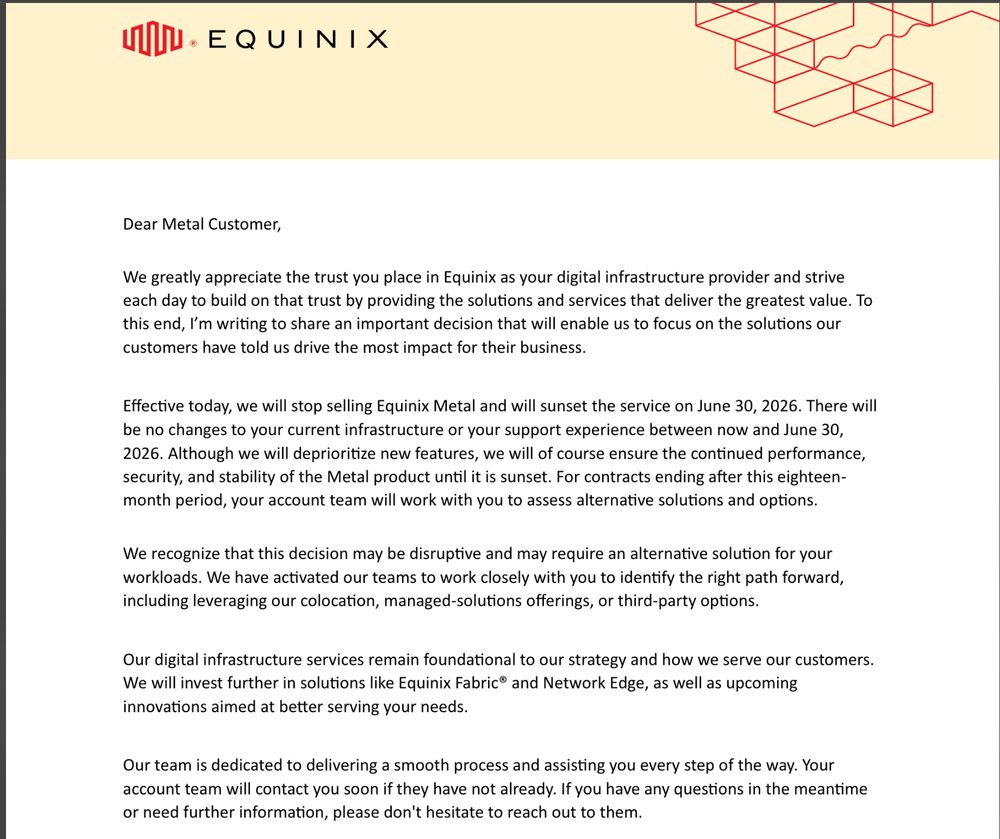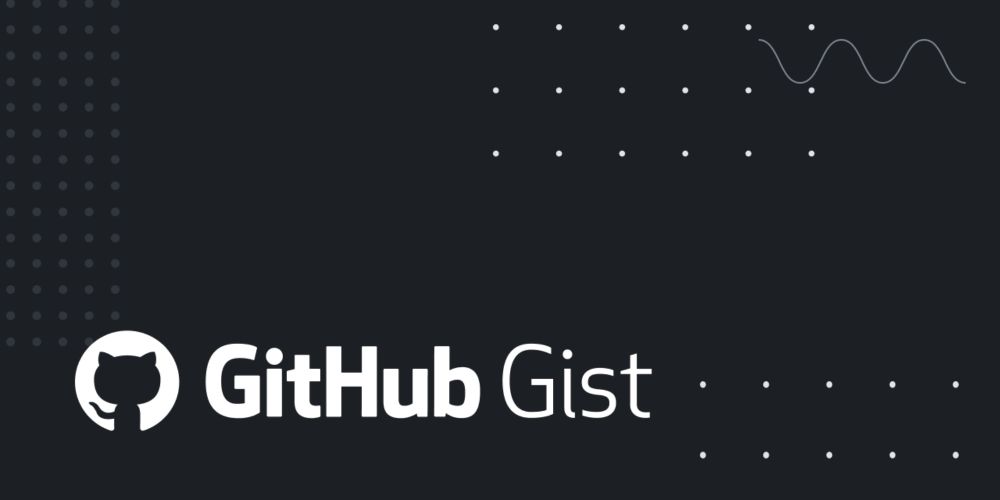
To be clear, there's no issue here, this was just me being curious 🤓 Either way, that was my geeky early Saturday morning: a mix of coffee, FreeBSD, Go, and curiosity.
Anyone still use hosts.allow style filtering?
Example code for the curious: gist.github.com/atoonk/8863c...

To be clear, there's no issue here, this was just me being curious 🤓 Either way, that was my geeky early Saturday morning: a mix of coffee, FreeBSD, Go, and curiosity.
Anyone still use hosts.allow style filtering?
Example code for the curious: gist.github.com/atoonk/8863c...
Project for later 🤓 thanks 🙏
Project for later 🤓 thanks 🙏
And yah reminds me of early twitter days 😀

And yah reminds me of early twitter days 😀







